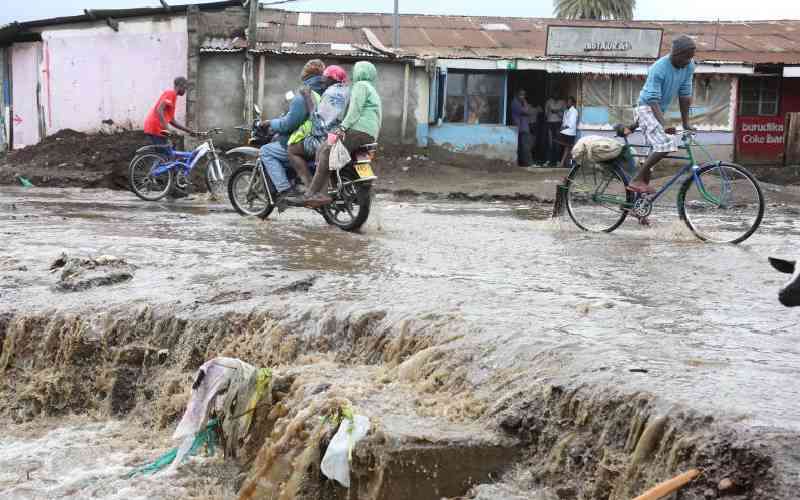
The world is going haywire at an alarming pace. Global warming is upending lives across the globe. In the past one month, heatwaves have scorched European countries including Greece, Spain, Poland, Germany and France. Temperature records are being broken and this is year is reported to be hottest ever, with the average global temperature hitting 17.18 degrees Celsius on July 4.
Temperatures of even more than 50 degrees Celsius are being experienced in parts of the world. No wonder, United Nations Secretary-General Antonio Guterres has, rightly, warned that "the era of global boiling has arrived."